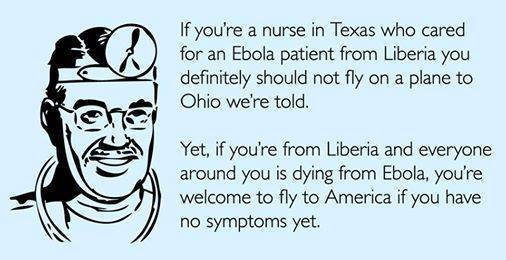Bestwifeever
Moderator Emeritus
- Joined
- Sep 17, 2007
- Messages
- 17,774
In fact the only people in the USA diagnosed with ebola are folks that were helping others. None of the bystanders have contracted it. Even in west Africa many of the cases are cargivers. IIRC something like 40% of the medical personnel in west Africa have died from Ebola.
And everyone, don't forget to get a flu shot...we can get that just by being a bystander.
I misread statistics in something I posted on another random thread, so I may be wrong here, but I think it is 40 percent of the medical personnel who came down with ebola who have died from it, not 40 percent of all the medical personnel helping there (and all of them are heroes in my book).


